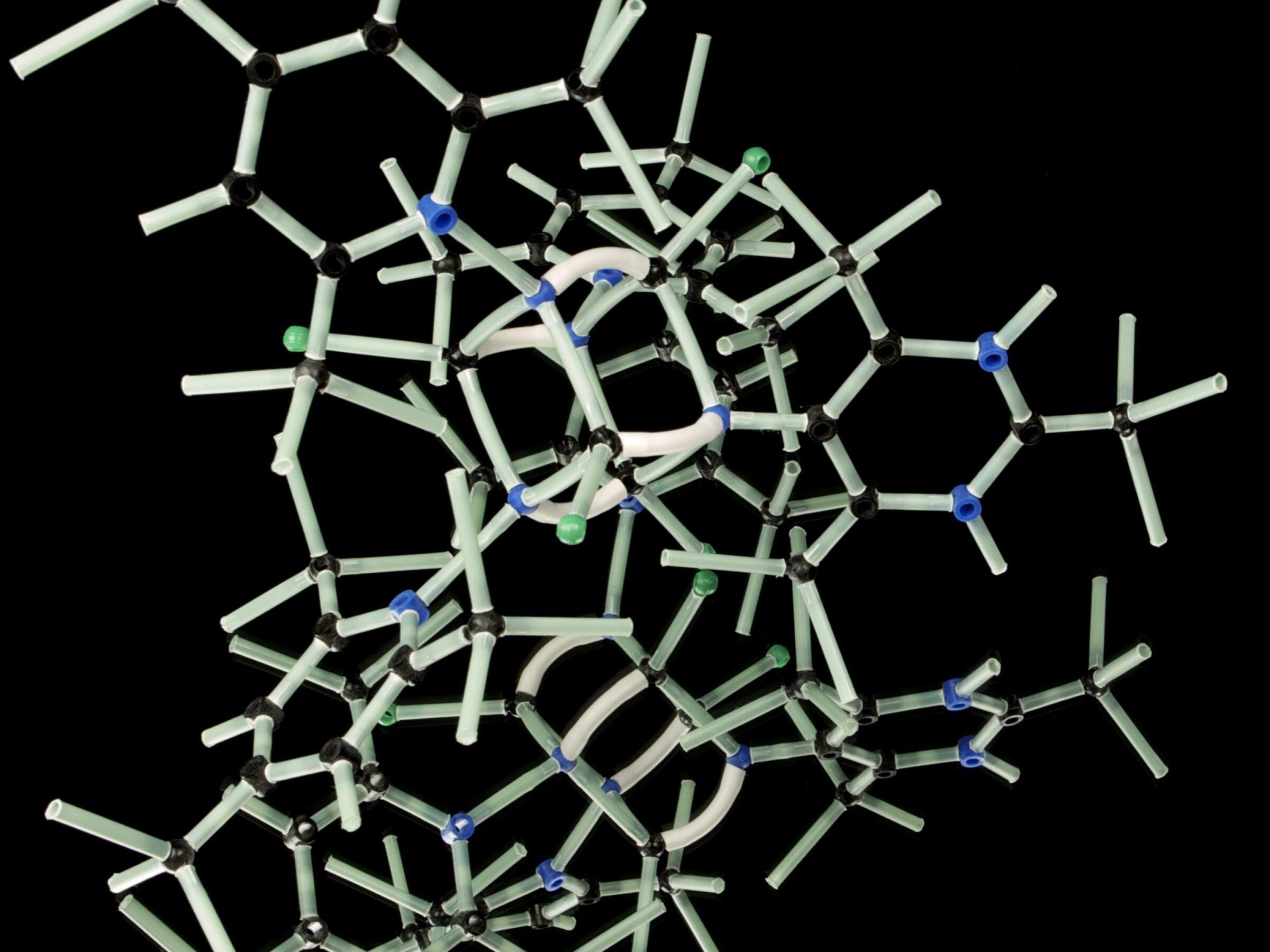This web page was produced as an assignment for an undergraduate course at Davidson College
loss of function, Nonsense mutations on the protease PCSK9 cause low levels of Low-density lipoprotein cholesterol in people of african descent and this proves the profound effect of mutational changes on susceptibility to cholesterol related illness.
Low-density lipoproteins (LDL) transport cholesterol in the blood circulatory system and the mechanism by which the body regulates their presence in the bloodstream is important because in larger quantities they get deposited in blood vessels and can lead to heart diseases and stroke (Gidding et al.2019). Over expression of Pcsk9 in mice has been known to cause a high level of LDL cholesterol in the plasma by reducing the number of low-density lipoprotein receptors that would normally get rid of the LDL cholesterol from the blood. With this background knowledge, Cohen et al. seek to investigate if loss of function mutations on the gene encoding Pcsk9 protease would have the opposite effect of lowering LDL cholesterol by raising the number of LDL receptors and to get a clearer picture of the ancestry of these mutations in individuals of African ancestry
From sequencing the PCSK9 coding region of 128 subjects from the Dallas Heart Study, Cohen et al. found two nonsense mutations, the first one occurring in 3 of 64 African American subjects and leading to a deletion of four fifths of the protein and the second one occurring in 4 of 64 African American subjects and leading to the shortening of the protein by 14 amino acids. The researchers also went on to investigate if these mutations were originating from a common ancestor by checking if they are inherited together, in similar haplotype (set of genes inherited together from parents to offspring). There was no similarities between the haplotype associated with either of the mutations found in African Americans showing that they are both originating from separate founders. Cohen et al. show in their paper that the individuals with these nonsense mutations had significantly lower total plasma levels of LDL cholesterol from the first to the fifteenth percentiles.
To test if these two nonsense mutations were associated with low levels of LDL cholesterol in families as well, the researchers also looked at the genomes of family members of individuals with either mutation from African Americans and also relatives of people with low LDL cholesterol levels but who are European American. No mutations were observed for European Americans in PCSK9 but all of the African Americans family with a mutation had low LDL cholesterol levels except one individual who was 72 years old (Cohen et al. 2019). These results support the finding that nonsense mutations in PCSK9 are important for low levels of LDL cholesterol in African Americans.
Cohen et al. also showed in their paper that the mutation in PCSK9 causes the reduction of the particles of LDL cholesterol in the blood plasma by showing that the mutation does not lead to changes in other molecules that would affect the synthesis or absorption of cholesterol. The findings show that PCSK9 mutations affect the number of LDL cholesterol receptors and these nonsense mutations caused a loss of function by increasing the number of receptors and therefore LDL removal. One of the two PCSK9 mutations (2037A) was also identified in a Yoruba-speaking population in Nigeria at the same frequency of 1.4% as that found in African Americans in the Dallas Heart Study and this shows that the mutation must be ancient and have been favorable to have been maintained in both populations (Cohen et al.2019).
There is no clear evidence that shows the actual mechanism by which mutations in PCSK9 regulate the blood plasma LDL cholesterol levels but with the idea that the mutations increase the number of LDR cholesterol receptors there is a potential for future studies in molecular biology that can determine the varied actions of mutated and non mutated PCSK9 when interacting with the receptors. It is interesting that such mutations that benefit individuals by lowering cholesterol levels arose and were maintained in populations of African descent. The findings bring up possibilities that heart diseases and other cholesterol related diseases can be mediated through manipulating the genetic sequence earlier. With so little knowledge of other functions of these genes we cannot just go ahead and induce such mutations. Future research that follows could explore other genetic differences that cause varied disease response in individuals and we have already encountered similar work in our genomics course this semester in papers looking at varied patient responses to SARS-Cov-2. A lot of clinical research is being done to determine the genetic basis of the severity at which individuals suffer from illnesses and how this knowledge can help researchers come up with treatments.
Tanatswa Muchenje is a Biology major at Davidson College in her third year. Contact her at tamuchenje@davidson.edu.
Resources
Cohen, J., Pertsemlidis A., Kotowski K. I., Graham R., Garcia K. C., and Hobbs H. H, 2003. Low LDL cholesterol in individuals of African descent resulting from frequent mutations in PCSK9. Nature Genetics 37:161–165(2005)
Gidding, S. S., and Allen N. B, Cholesterol and Atherosclerotic Cardiovascular Disease, A life Long Problem. JAHA. 2019;8
© Copyright 2020 Department of Biology, Davidson College, Davidson, NC 28036
